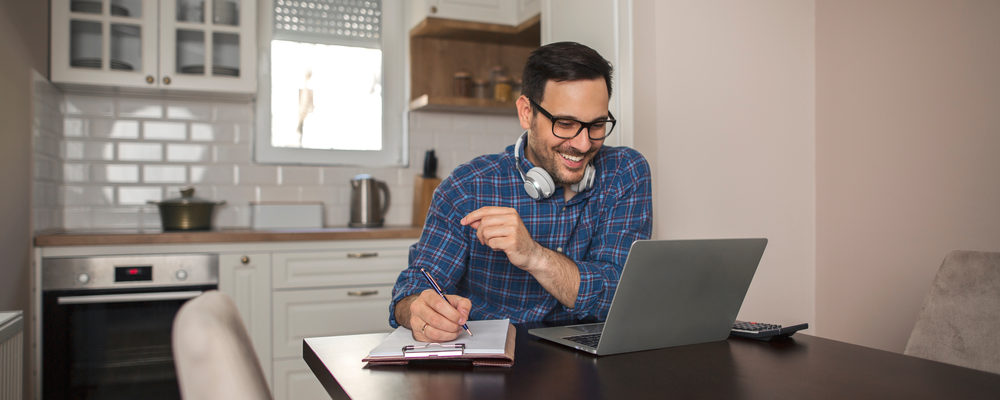Global law firm Dentons will shutter its Aberdeen and Watford offices and shift all the staff who work in those branches to permanent home working, it has announced.
In a statement reported in a prominent legal-industry journal, the firm’s UK, Ireland and Middle East managing director Lisa Sewell said that, during lockdown, the firm “has seen far less use of paper, more self-service and confidence using new technology and no drop in productivity or service levels despite teams not being co-located 100% of the time”.
Sewell noted: “The success of remote working during lockdown has made us really stop and think about how we can learn from this new way of working to accelerate the physical and behavioural changes that form part of our strategy to build the law firm of the future.”
She added: “In that way, the lockdown has forced the behavioural shifts that are the basis of any real change of this type – so we want to use this to ensure we don’t just assume we will return to the way we used to work post-lockdown. It’s an exciting shift for us, our people and for how we will be able to serve our clients in different ways in the future.” (Legal Cheek, 13 July 2020)
Significantly, Dentons is the world’s largest law firm by headcount.
The upbeat, forward-thinking tone of the firm’s announcement chimes with new research from the Institute of Leadership & Management showing that, amid all the challenges and worries associated with Covid-19, lockdown has unleashed a positive outlook and a change mentality in many organisations.
Published on 15 July and based on a survey of more than 1,200 UK employees, Life After Lockdown: The Future of Work notes: “Overall, leaders and managers are optimistic about the future for their own organisations; 12% predict growth and 61% are confident their organisations will survive.”
Just 26% expect their organisations to contract, and only 1% predict that Covid-19 will force closure.
Among the leaders and managers who took part in the survey, half told the Institute that home working is here to stay – with just one in three saying they think they will return to the physical locations where they previously worked.
But how should leaders and managers harness and preserve this buoyant mood around home working, to ensure their firms will translate optimism into reality?
The Institute of Leadership & Management’s head of research, policy and standards Kate Cooper says: “At heart, successful remote working depends to a large extent upon trust. At the start of lockdown, that’s the area where we saw a lot of initial hesitancy and caution: ‘Will people work as hard when they are not being observed?’ But what we’ve seen overwhelmingly during lockdown is that people can be trusted to do their jobs.”
She explains: “In the 1960s, social psychologist Douglas McGregor unveiled his ‘Theory X and Theory Y’ approach to managers’ beliefs about what motivates staff. His overall message was that people will behave just as you expect them to.
“Which is to say that if you’re a Theory X manager who treats staff as though they can’t be trusted and believes they require constant monitoring to keep them in line, then they will behave accordingly. But if you’re a Theory Y type who expects people to work of their own volition, thinks they have great ideas and rejects the notion that they need to be scrutinised from one minute to the next, then your trust will be rewarded.”
Cooper notes: “The latter is very much what we’ve seen in the Covid-19 lockdown. Theory Y behaviours have surged to the fore – mainly because organisations have had no choice but to extend that all-important trust to their staff. And when we consider the initial flurry of hesitation, caution and concern about whether people will work as hard or as productively as they did in pre-crisis, ‘under surveillance’ mode, we now have significant evidence to show that they have done so. That will inform firms’ business decisions – just as it has with Dentons.”
She adds: “Not only do we now have the benefits of cost savings on office space and commuter travel – we’ve got that increase in autonomy over the working day that people value, plus that feeling of being trusted: ‘I don’t have to be observed to be able to reassure my manager that I’m doing a good job – they’re judging me on my results, rather than on presenteeism.’ And that must be such a boost for so many employees.”
For further insights on the themes raised in this blog, check out the Institute’s resources on building trust
Source ref:

